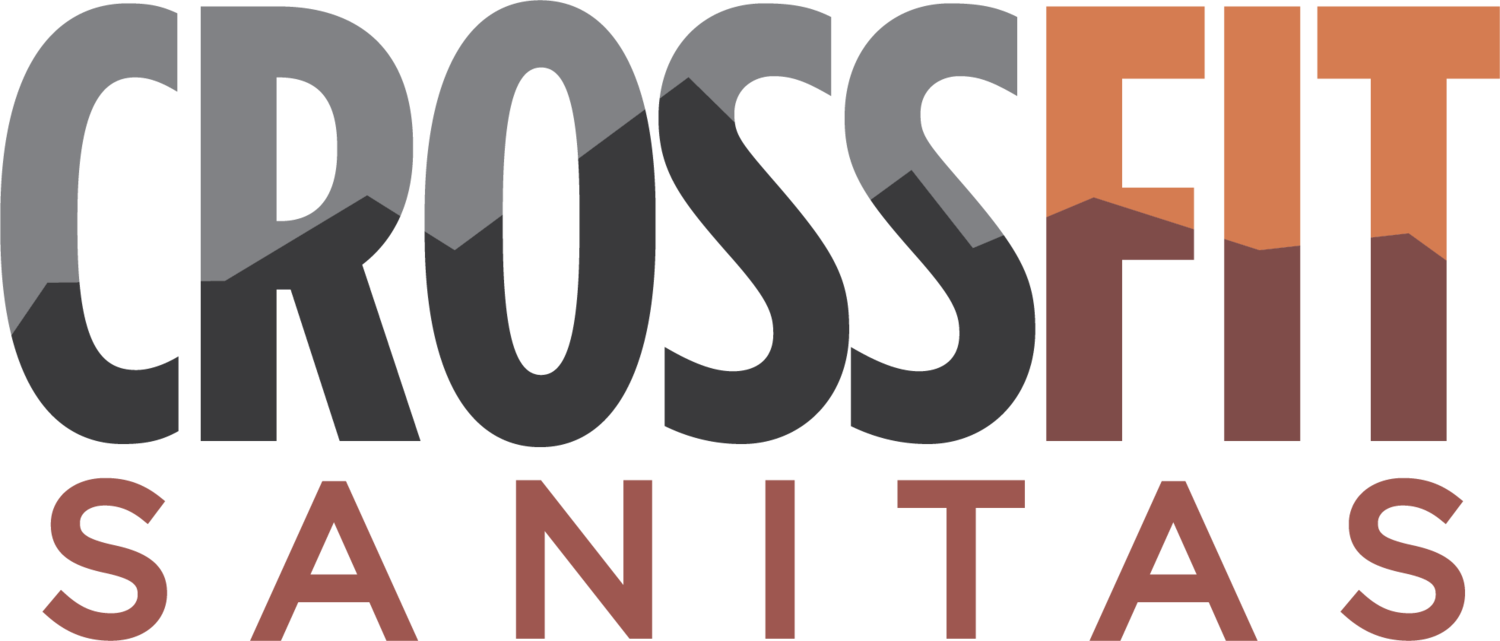How To Reduce Your Risk of Heart Attack and Stroke
Two months ago, on a flight home from Mexico, I looked over to find my Mom struggling to fill out her customs form. Her state of confusion and right hand numbness were giveaways that this perfectly healthy 75 year-old was succumbing to a mid-air stroke. Thanks to the blessings of modern medicine, good genetics and CrossFit, she was back to her full workout routine just three weeks later. To her, the stroke and the ensuing intra-carotid surgery were retrospectively “no big deal.” But it’s kind of hard for her son to see it that way since strokes are one of the US’s top killers, and she was 3 hours from being in a third-world country when it happened.
Two years ago, I lost my close friend, David Goldberg, to a heart attack. He was a wonderful guy, and just 47. He was on a treadmill at the time, and as far as I know, had no prior symptoms or warning signs.
A year ago, CrossFit Sanitas member Paul Lipton was luckier and had some warning signs. He scheduled a pre-emptive quintuple bypass before he was similarly felled. Paul is now bench pressing over his bodyweight for the first time… at the tender age of 71 less than a year after his surgery.
And just last weekend, my stepfather-in-law, John Johnson, suffered a heart attack while shoveling snow and thankfully was able to drive himself down from the mountains in time for emergency surgery to insert two stents. His sister died of a heart attack just last year. John is home recovering, and tells my wife this was the wake-up call he needed…. It better be!
Why am I suddenly surrounded by cardiovascular disease?
The sad truth is that we all are. Over 25% of the US population will die from a stroke or heart attack, and my recent experience suggests that at least that many will also suffer one without dying from it, so let’s say 50% incidence. Which raises the question - how do you beat the odds?
These cardiovascular incidents have two things in common:
1) If you are fortunate to catch them early enough, modern medicine may pull off a miracle and have you back in the game in weeks, if not days. After a big scare for you and your family, a massive stress on your system that can itself shorten your life, dangerous surgery, and tens of thousands of dollars added to the Health Care crisis.
2) The vast majority are avoidable.
Let’s focus on number 2, shall we? Don’t worry, this isn’t another nutrition and exercise lecture. It is really, really hard to have a heart attack or a stroke unless there is plaque blocking the flow of blood to your heart or brain. And there is no way to know if you have plaque, unless you check. Eating well is no guarantee, exercise is no guarantee, most cholesterol tests and blood pressure tests don’t give you the whole story, and how you feel now certainly has nothing to do with it (just ask the folks above how they felt the day before their incident). Genetics play such a big role here that no one is immune. In fact, I recently learned that I have mild heart plaque – apparently even obsessive CrossFit and Paleo don’t guarantee immunity!
So Heart Disease is Everywhere... What do I do?
Here’s the good news. It costs under $400 to scan your heart and carotid artery for plaque. Boulder has at least one scanner, at Goose Creek Imaging.
If you are a man over 40 or a woman over 50, you should be scanning at least every few years. It is quick and painless and it will put your mind at ease or give you the kick in the butt you need. The good news is that most plaque is controllable – yes diet and exercise, but also via supplements, vitamins and even baby aspirin. Some of us will also need special care from the dentist and sleep clinic (gum disease and apnea are big contributors). And if your plaque is out of control, it’s probably a good idea to know that too so you can take more aggressive measures, like preventive surgery that would have prevented nearly every incident above.
So why hasn’t your Doctor told you about this?
Why isn’t it covered by insurance? Why isn’t the AMA more supportive?
I will leave conspiracy theories about the medical-industrial complex to others. All I know is that a scan would have prevented Mom and John’s respective stroke and heart attack, because they each had a blockage of over 85%, which would have led to an immediate preventive surgery referral. And maybe if my friend Dave had known about heart and carotid scans, his two kids would have a father right now.
Get your scan. Tell your friends to get their scan. Tell your parents to get their scan. And then give me a buzz if you need a nutrition and exercise lecture!


